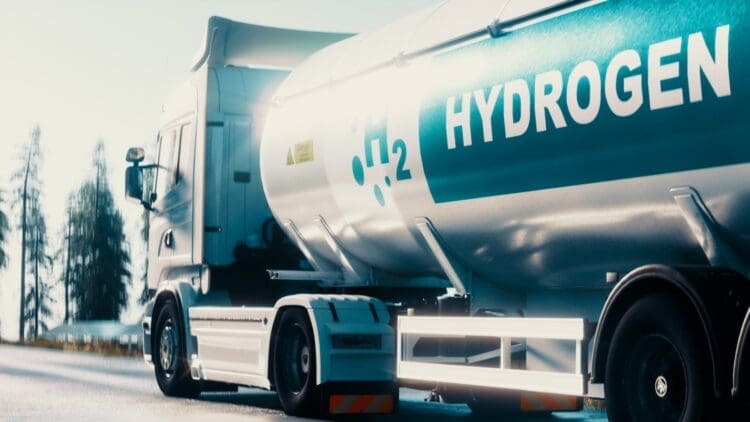Germany has taken a significant step in establishing hydrogen as the most dominant fuel source in the world by raising the H2Global budget to €3 billion for import deals. Germany has stated that it believes wholeheartedly that hydrogen could play a vital role in the energy production sector worldwide and has reshaped its budget as a result of the increased interest in hydrogen coming from several regions of the globe. The new budget allows for significant long-term contracts in the hydrogen sector in Germany and beyond.
Germany is embracing the potential that hydrogen has presented to the world
The German government has revised its budget for the funding structure of its H2Global hydrogen import auctions to match the 10-year contracts on offer to developers, which would bring the total budget to an eye-watering €3bn ($3.5bn) under the 2026 federal plan. Germany has seen the potential that hydrogen presents to the global energy sector, unlike the United States, which has taken several measures to roll back the sector in the US.
The update to the funding structure in Germany follows February’s launch of the second H2Global auction, aimed at revising 10-year funding structures, which play a crucial role in providing potential producers the bankable certainty to reach final investment decisions. Hydrogen has become an essential tool in the transition away from the harmful fossil fuels that have ravaged the planet up until this point.
According to Germany’s Federal Ministry for Economic Affairs and Energy, each lot would receive €58m ($68m) annually from 2029 to 2038, a total of €580m ($680m) per lot, while the revised global lot would provide €30m ($35m) per year from 2032 to 2041, amounting to €300m ($351m) in total. This revised budget aims to increase the standing of hydrogen in the European region overall and could have some unforeseen benefits if allowed.
Germany is aiming to derisk hydrogen investment decisions for potential investors in the sector
The revised budget aims to align with the current 10-year contracts that are prevalent in the hydrogen sector in Germany. For far too long, the world has relied on the fossil fuel sector to provide the power to meet our energy needs without considering that there might be a feasible alternative. It just took some time to accept the inevitable truth that hydrogen is the most practical and promising energy source for the future.
Several countries around the world have made significant investments in the hydrogen sector. The European Union is welcoming the news of the revised budget in Germany. In a recent speech to the Hydrogen Council, EU President von der Leyen outlined her and the EU’s support for the hydrogen sector.
“We MUST achieve climate neutrality by 2050. There will be no extra time, no second chance. There are four billion tons of CO2 that still separate us from our goal. Four billion tons of CO2 that we still produce every year, here in the European Union. To get rid of them, we need bold decisions. In the coming years, we will need all your ingenuity and entrepreneurial spirit. On my side, I can assure you that Europe is serious about clean hydrogen. Clean hydrogen – is part of our future. And you will find in the European Union a reliable partner and an ally on the path towards climate neutrality. 2050 is not that far away. But the future has already begun. We need your leadership and support.” – EU President von der Leyen
Can the United States follow the example set by the Germans
The current atmosphere in the United States is not conducive to hydrogen production, unfortunately. The Trump administration has signed into law several executive orders aimed at rolling back the progress that has been made in America in the renewable energy sector. Despite overwhelming evidence that shows the United States has barely scratched the surface of the hydrogen they have at its disposal. Regardless of the situation in the US, Germany has taken a big step in securing hydrogen as a potential energy source in the years to come.





